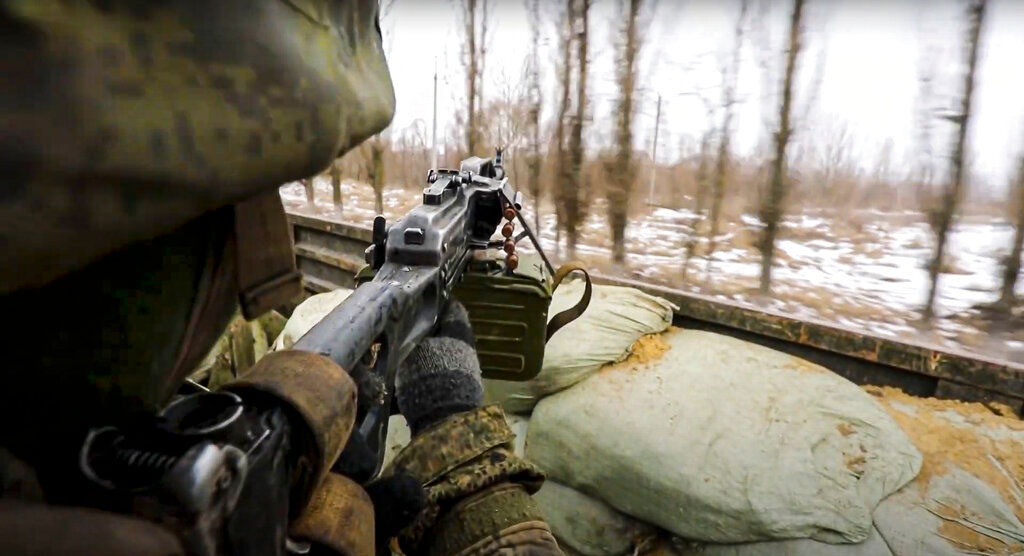Georgia on Thursday said that plans by the Moscow-backed South Ossetia region to hold a referendum on joining Russia was unacceptable, while the Kremlin denied having any involvement in the matter.
“Of course talk of holding any kind of referendum [in South Ossetia] is unacceptable… when this territory in Georgia is occupied,” Georgian Foreign Minister David Zalkaliani was quoted as saying by Russia’s TASS news agency.
Also read | Minority religions at risk if Russia wins, warns Ukrainian archbishop
Beka Davituliani, a lawmaker from Georgia’s ruling party, also voiced concerns about the referendum, saying that it amounted to a provocation, Interfax reported.
However, the Kremlin denied any involvement in South Ossetia’s supposed plans to hold a referendum to join Russia.
“No legal or any other action has been taken in this respect. But at the same time we treat the expression of the opinion of the people of South Ossetia with respect,” Kremlin spokesperson Dmitry Peskov said, when quizzed about the the referendum.
Another contested region in Georgia, Abkhazia, said it supported South Ossetia’s decision to hold a referendum, but did not announce its own plans for a similar exercise.
Since the Russo-Georgian war of 2008, both South Ossetia and Abkhazia have been recognised as independent by Moscow, and Russia has provided both regions with thousands of troops and considerable financial support.
Also read | Biden won’t talk to Putin until Russia de-escalates: White House
The US, which has opposed what it calls the occupation of parts of Georgia by Russian forces since 2008, has said no plans to recognise these regions even if they hold a referendum: State Department spokesperson Ned Price confirmed the same, telling Reuters that Washington would not recognise results of attempts “by Russia or its proxies” to divide Georgia.
Given the fact that Russian President Vladimir Putin cited the woes of Russian-speaking people in the breakaway Donbas region to launch the invasion of Ukraine, Georgia’s concerns about South Ossetia’s referendum are perhaps not unfounded.






